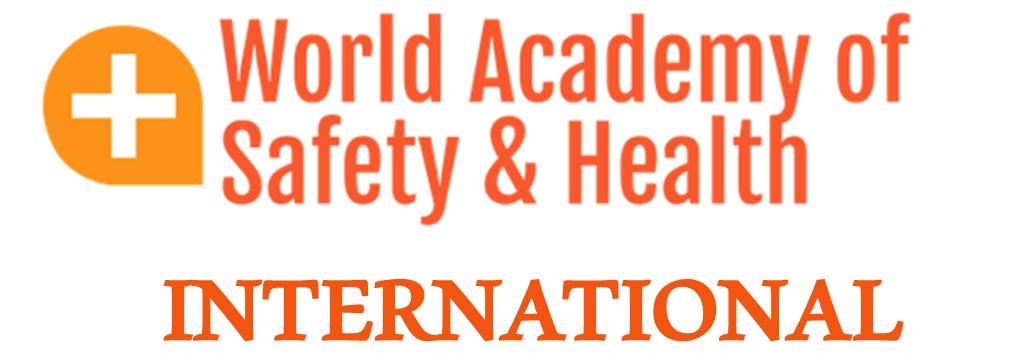Training Course | STCW Basic Safety Training
Overview of STCW Basic Safety Training Course
The STCW Basic Safety Training (BST) course is an essential training program designed for individuals working aboard commercial vessels, ensuring they meet the International Maritime Organization (IMO) standards for safety at sea. It is mandated by the International Convention on Standards of Training, Certification, and Watchkeeping for Seafarers (STCW). This course provides the foundational safety skills needed for all personnel employed on ships, regardless of their specific job role.
The primary objective of the STCW Basic Safety Training is to equip seafarers with critical skills in emergency response, personal safety, firefighting, and survival at sea, enhancing their ability to prevent and respond to hazardous situations.
Key Components of the STCW Basic Safety Training Course
- Personal Survival Techniques (PST):
- This module teaches seafarers how to survive at sea in an emergency, including the use of life-saving appliances like life jackets, life rafts, and distress signals.
- Practical exercises in water survival and life raft deployment are included.
- Fire Prevention and Fire Fighting (FPFF):
- Participants learn how to prevent fires aboard vessels and how to respond effectively in the event of a fire.
- The course includes hands-on fire-fighting training, including the use of fire extinguishers and hoses, and drills in a simulated fire environment.
- Elementary First Aid (EFA):
- Basic first aid skills are taught, enabling crew members to provide initial medical assistance in emergencies, including CPR (cardiopulmonary resuscitation), wound care, and handling medical emergencies until professional help arrives.
- Personal Safety and Social Responsibilities (PSSR):
- This module covers the importance of personal safety and effective teamwork at sea.
- It includes guidelines on safety protocols, communication, and mental health awareness for seafarers in a high-risk environment.
- Security Awareness Training (optional for some roles):
- This component focuses on preventing security threats like piracy or terrorism.
- It is mandatory for certain roles but optional for others, depending on the vessel’s type and the nature of the work.
Certification and Compliance
Upon successful completion of the course, participants are issued an STCW Basic Safety Training certificate, which is required for employment on ships, in accordance with the international STCW convention. The certificate remains valid for five years, after which seafarers are required to undergo refresher training.
Duration and Delivery
The course is typically delivered through a combination of theoretical instruction and practical training. The duration of the course generally ranges from 3 to 5 days, depending on the training provider and the specific course modules involved.
Conclusion
The STCW Basic Safety Training is an indispensable program for anyone pursuing a career at sea, ensuring that seafarers are equipped with the necessary skills and knowledge to respond effectively to emergencies, protect their own safety, and contribute to the overall safety of the vessel. The course not only meets international standards but also enhances the ability of the maritime workforce to respond to evolving challenges in a safe and efficient manner.
